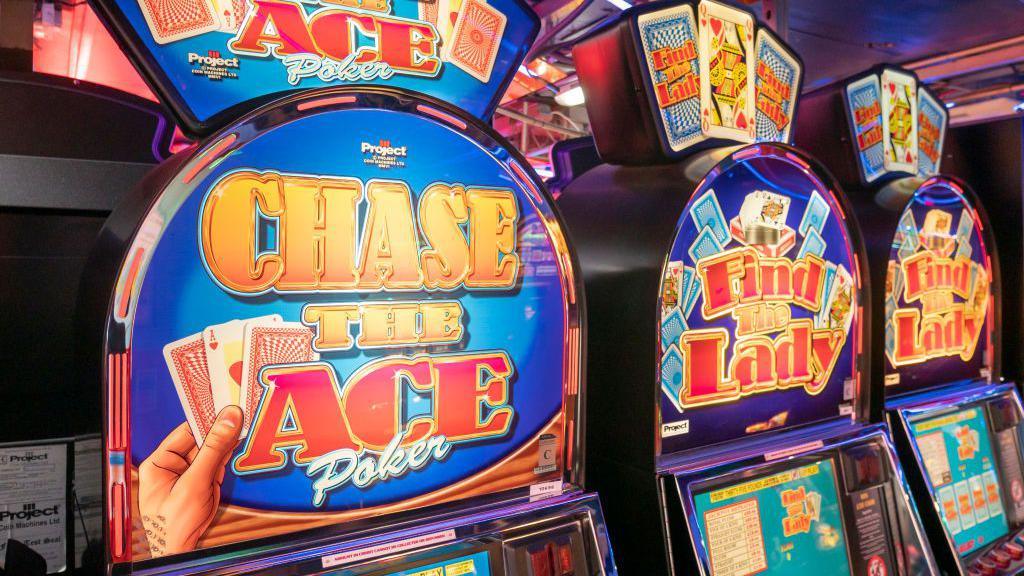Nearly a quarter of Labour MPs have endorsed a petition urging the Chancellor of the Exchequer to increase taxes on gambling firms, earmarking the funds to alleviate benefit restrictions affecting families with more than two children.
The campaign, supported by 101 Labour MPs, posits that a levy on gambling could generate £3 billion, potentially lifting half a million children out of poverty.
Rachel Reeves is facing internal pressure, including from former Prime Minister Gordon Brown, to abolish the two-child benefit cap when she unveils her Budget on November 26.
The Betting and Gaming Council has responded, stating that increased taxes on the industry “would only harm jobs, investment, and vital funding for sports and tourism.”
A spokesperson asserted: “Every time the Treasury squeezes the regulated market, the black market grows stronger.”
“Unregulated operators pay no tax, provide no consumer protections, and threaten UK jobs and revenues.”
Almost immediately after the 2024 general election victory, the Labour government encountered calls from within its own party to remove the cap, which limits child tax credit and Universal Credit (UC) to the first two children in most households.
The government initially argued a lack of sufficient funds to eliminate the cap but established the Child Poverty Taskforce to explore measures to mitigate child poverty.
The taskforce was slated to release its findings in the spring, but publication has been postponed.
Conservative leader Kemi Badenoch has voiced strong opposition to lifting the cap, arguing that taxpayers – “many of whom are struggling to raise their own children or choosing not to have them in the first place” – should not be compelled to “fund unlimited child support for others.”
However, prominent figures within the Labour party continue to advocate for change, including Treasury Select Committee Chair Dame Meg Hillier, who stated it was “the only way we’ll lift children out of poverty in this parliament.”
The Chancellor faces a £20bn shortfall in meeting her tax and spending rules and may be hesitant to commit the £3.5 billion that experts estimate it would cost to lift the cap.
She has already suggested that she is considering tax increases and spending reductions to provide financial flexibility.
The government is currently consulting on plans to merge various betting taxes from October 2027 to adapt the system to the era of online gambling.
The Social Market Foundation think tank has argued against merging taxes, proposing instead that “higher rates which are more harmful and contribute less to the British economy, such as online slots, should be taxed more.”
“Sectors which are less harmful and provide more to the economy such as traditional horse racing betting, should be taxed less,” it stated.
Gordon Brown has endorsed proposals from the IPPR think tank to increase taxes on online gambling from 21% to 50%.
The IPPR has also advocated for raising taxes on slot machines from 20% to 50% and increasing levies on non-racing bets from 15% to 25%.
The British Horseracing Authority has indicated that the move would cost the industry £66 million annually.
The Scotland Demands Better demonstration was organised by trade unions and charities.
UK’s ad watchdog warns the betting companies not to include any character who has a strong appeal to viewers under the age of 18.
It now involves itself in securities fraud, gambling and online sports betting, prosecutors say.
It follows a sweeping FBI investigation into illegal sports betting and rigged, mafia-linked poker games.

